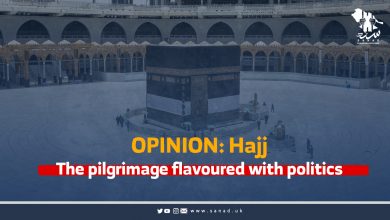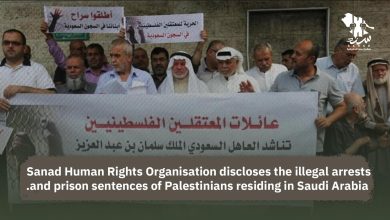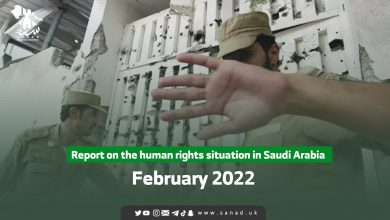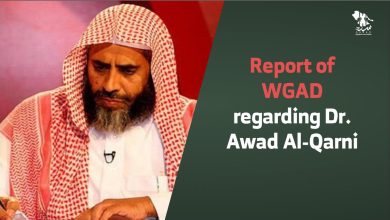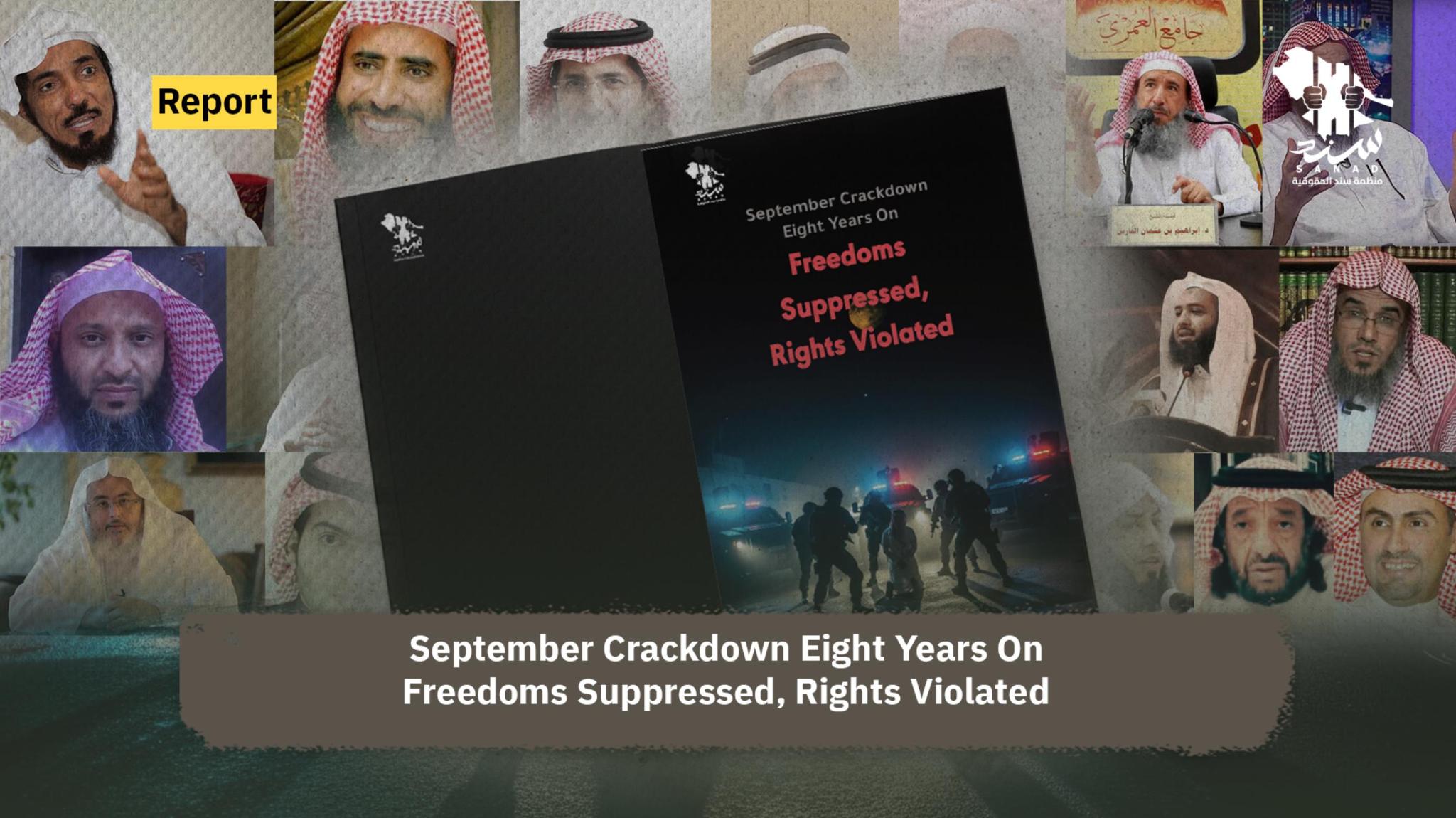
September Crackdown Eight Years On: Freedoms Suppressed, Rights Violated
On 9 September 2017, Saudi Arabia witnessed one of the largest and harshest waves of arbitrary arrests targeting civil society, later known as the September Crackdown. This campaign swept up dozens of the country’s most prominent clerics, intellectuals, academics, writers, journalists, and activists. It made no distinction between ideological currents, religious sects, or political orientations, but targeted a broad spectrum of independent voices who served as influential figures in Saudi society—intellectually, socially, politically, and economically.
The arrests were sudden and coordinated, carried out in a manner suggesting a pre-planned security operation, including nighttime raids on the homes of those detained, followed by holding them in undisclosed locations.
Although Saudi authorities gave no clear official explanation, the profiles of those targeted and statements by government-linked accounts indicated that the true purpose was to restructure the political, economic, intellectual, and religious landscape to align with Crown Prince Mohammed bin Salman’s agenda—silencing independent voices and eliminating public dissent.
From the outset, the crackdown was accompanied by grave human rights violations, including enforced disappearances, denial of contact with families and lawyers, ill-treatment and torture, and threats of harsh sentences, including the death penalty. The judiciary was also weaponized as a tool for political and ideological persecution, far removed from principles of justice and fairness.
Eight years on, the repercussions remain. Many detainees continue to languish in prison without fair trials or under heavy, unjust sentences, while others remain in custody without any verdicts issued against them. Meanwhile, Saudi authorities continue to ignore repeated regional and international calls for their release and an end to ongoing abuses.
This report seeks to highlight the key violations accompanying the September Crackdown and document the names of 32 prisoners still detained, according to information verified by SANAD Human Rights Organization. It is believed that more cases remain undocumented due to lack of transparency and families’ fear of reporting arrests. The report also reviews sentences issued against some prisoners, cases where trials have not yet been held, and the alarming calls by the Public Prosecution to impose the death penalty on four of them.


